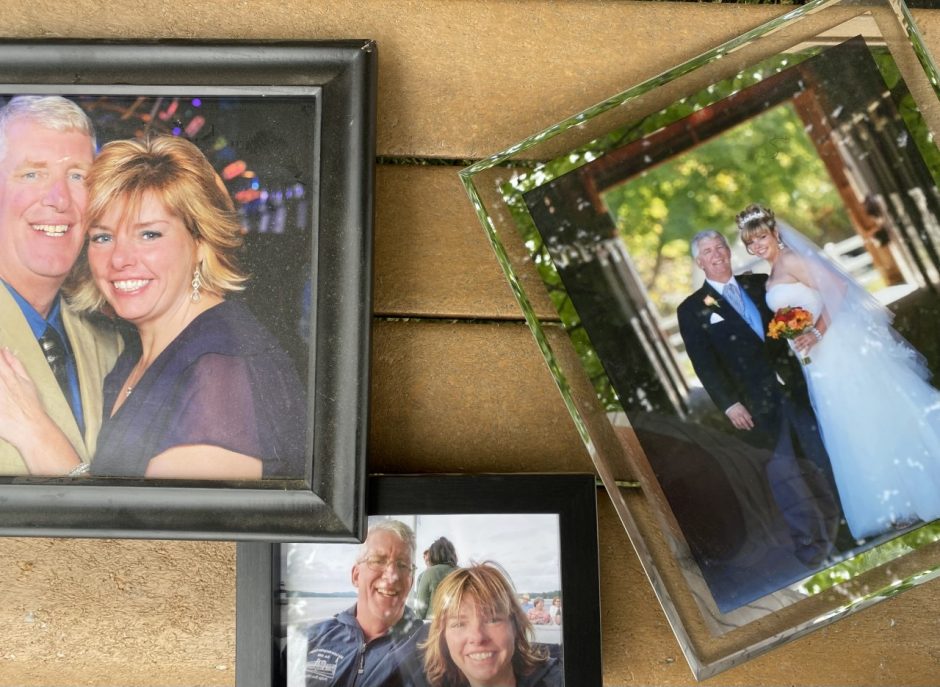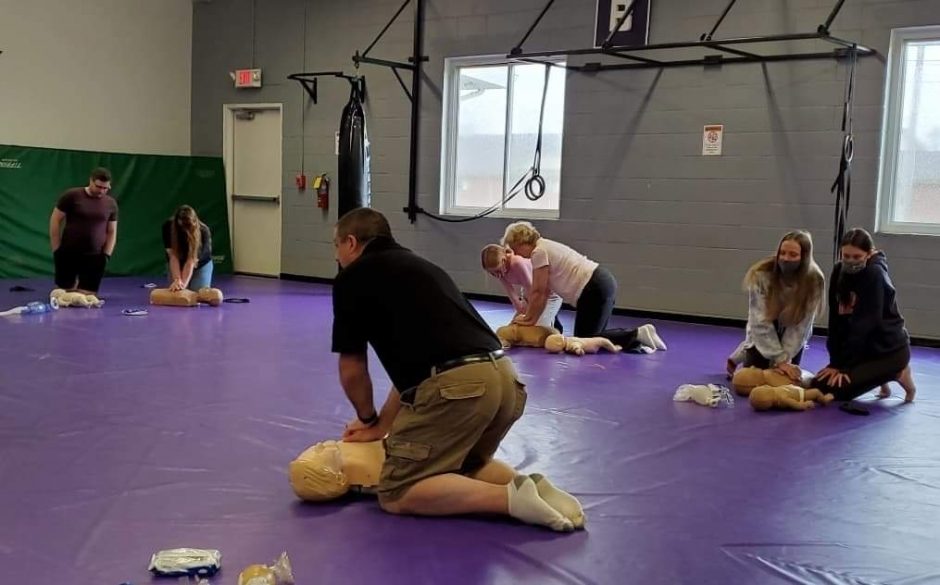Each year, June 1-7 is National CPR and AED Awareness week to save lives.
SYRACUSE, N.Y. (NCC News) — Would you know what to do if someone’s heart stopped beating? What if that person went into sudden cardiac arrest? About 450,000 Americans, including New Yorkers, die from cardiac arrest. Only 70 percent of cardiac arrests happen right in a home.
Each year, June 1-7 is National CPR and AED Awareness Week. The goal is to spotlight how to save lives and to get others comfortable with CPR training.
A Central New York woman, Lisa Wiles saved her husband, Dan Wiles, in April of 2020. She first noticed Dan’s breathing and noises from the kitchen.
“He was making terrible noises and I thought he was chocking but realized he wasn’t because he was gasping for breath,” said Lisa Wiles.
Dan was having a sudden cardiac arrest. Wiles immediately called 911 and started to perform CPR. Luckily, Wiles knew what she was doing. She remembered the techniques from a prior CPR class 18 years ago.
“It suddenly came to me and I knew I had to save him somehow,” said Wiles.

Firefighters and EMS rushed to save Dan. He was down for 13 minutes. EMS originally started with CPR but immediately used an AED. The AED indicated Dan’s heart did not have heartbeat rhythms and Dan has to be electrically shocked.
It was an overall difficult and traumatic experience for Wiles. Dan survived and took several months to recover. He is now being monitored for heart problems.
For Wiles, it still shocks her till this day that she almost lost her husband. Now, she has taken power into her own hands. Wiles is passionate about CPR and teaching others. She has held multiple CPR training sessions and spoken to groups at conferences in Syracuse.
“I just want people to know that it’s ok to do CPR in a scary experience,” said Wiles. “More people would be saved if a lot more people including companies would offer and know CPR training.”
In North Syracuse, at North Area Volunteer Ambulance Corp (NAVAC), EMS and CPR Trainer, Chad Thompson says survival chances are decreased when CPR is not performed.

“It gives a better chance to the individual who needs it to survive,” said Thompson. “There will always be major delay from calling 9-11 to us arriving.”
For those who want to take classes, Thompson says it’s extremely easy. You can always visit your local YMCA, Red Cross or American Heart Association chapter.
“It will benefit the community as a whole, if you choose to learn CPR. You can save a classmate, save a family member or even a friend.”
For more additional ways to raise awareness during National CPR and AED Awareness week, with CPR training, visit: https://cpr.heart.org/en/
